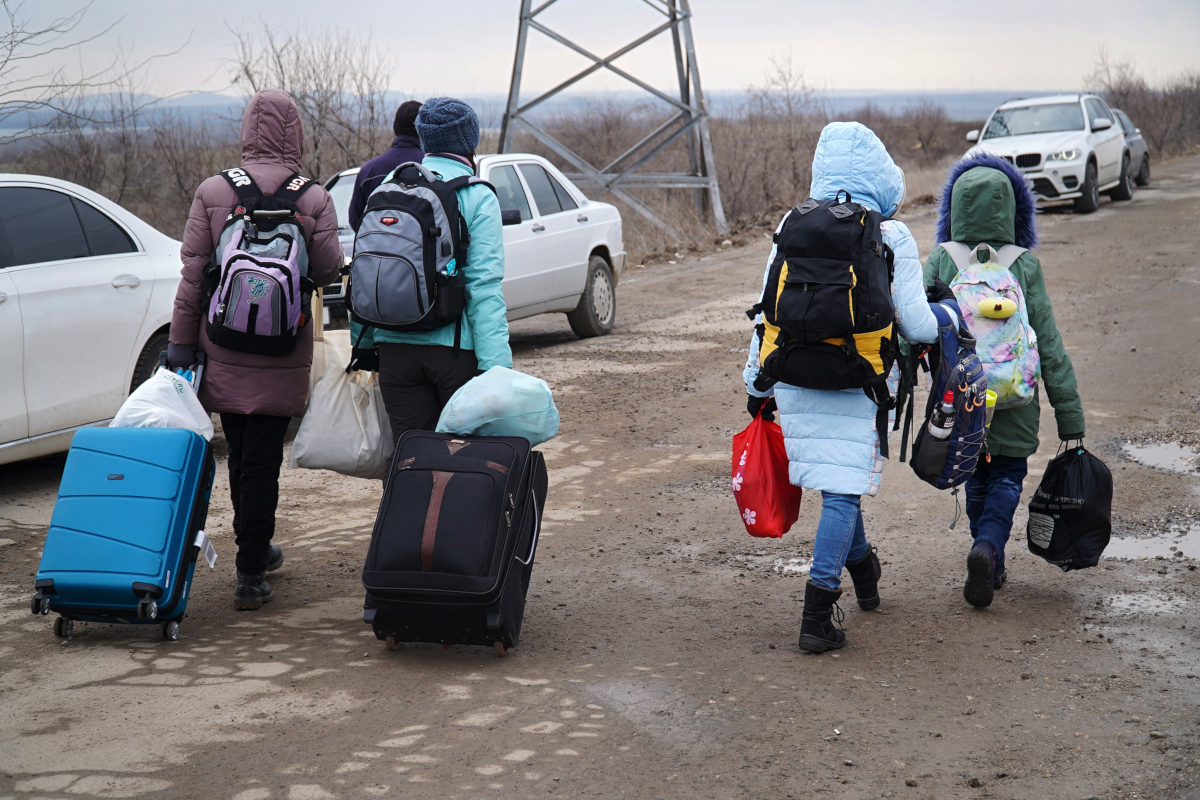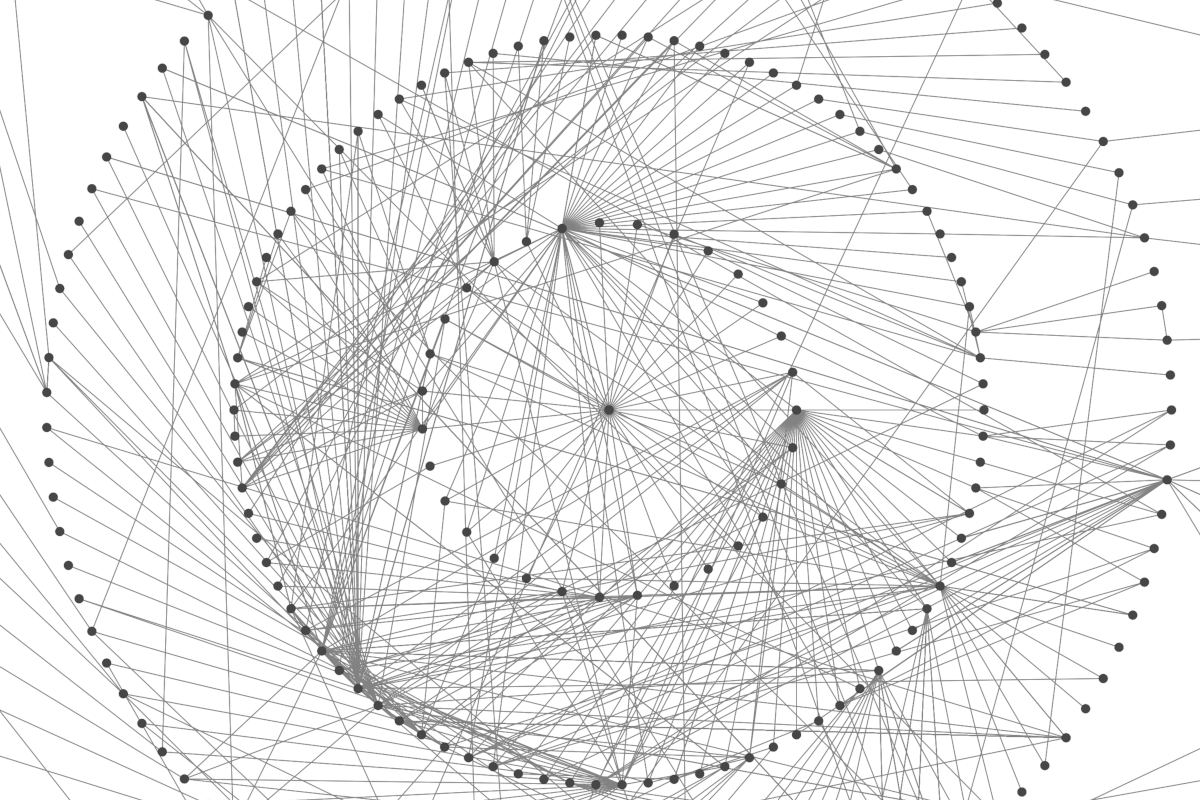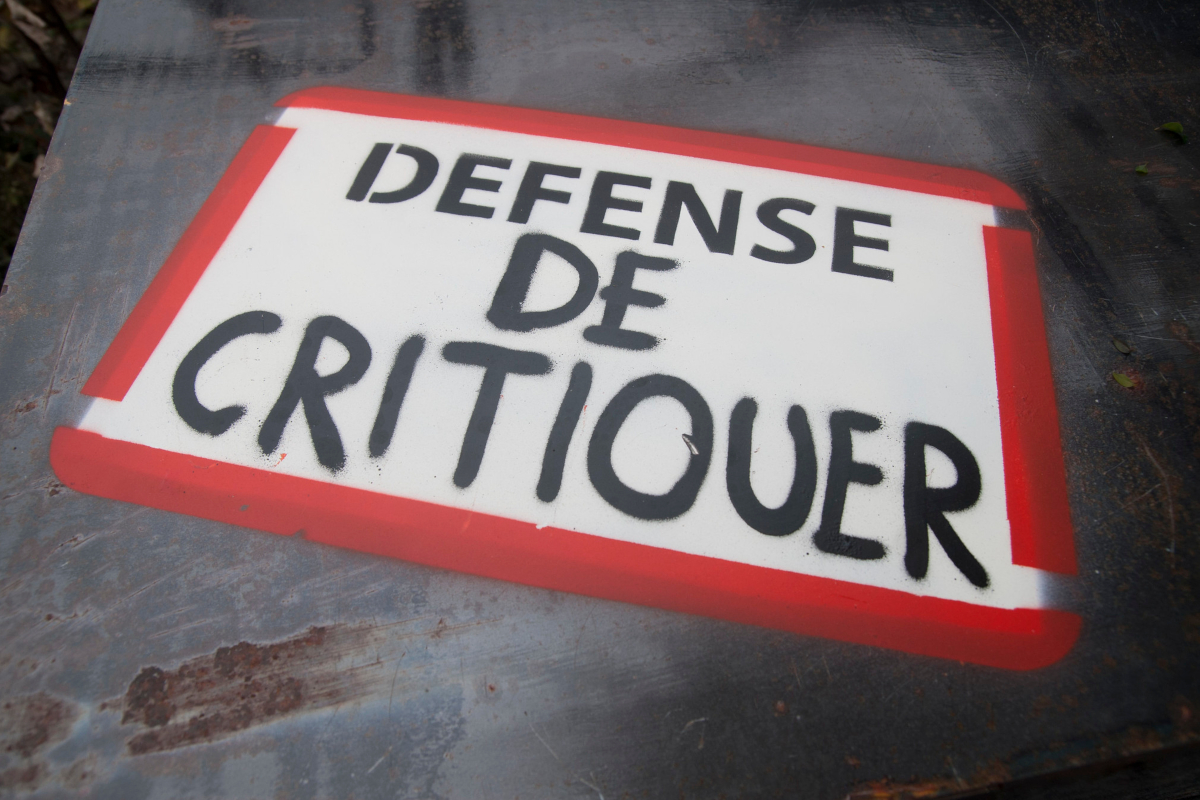EU: Council seeks political guidance and approval on support for Ukranian refugees
Topic
Country/Region
24 March 2022
On 28 March an extraodinary meeting of the Justice and Home Affairs Council will discuss "European coordination for the reception of people fleeing the war in Ukraine." A note from the French Presidency to other Council delegations, published here, seeks the views of justice and interior ministers on three issues: implementation of material and financial support to member states; the monitoring and coordination of movements within the EU; support to Moldova and relocation in the EU of Ukranian refugees currently in Moldova.
Support our work: become a Friend of Statewatch from as little as £1/€1 per month.

While there is no doubt as to the importance of welcoming Ukranian refugees, the level of support and coordination committed to that welcome throws the long-standing EU policies of deterrence and denial of refugees from other states into sharp contrast.
The note (pdf, see also the updated version from 25 March) covers, in turn:
- Implementation of material and financial support to Member States
The note refers to several billion euros in funds that have been made available to support Ukranian refugees, underlining that "expenditure for the reception of the persons concerned from Ukraine will be covered at 100% or 90%," meaning that at the most member states will cover only 10% of costs incurred.
The Presidency also highlights the deployment of EU agencies:
"257 Frontex officers are currently deployed on the borders with Ukraine, Moldova and Belarus, including 204 officers in Romania (157 on the Ukrainian border, 47 on the Moldovan border). There are 18 officers in Poland, the same number in Moldova and 14 in Slovakia.
The Asylum Agency is preparing an intervention in Romania.
Finally, Europol is attentive to the risks linked to the destabilisation of the Ukrainian borders (trafficking in human beings, arms or vehicles, etc.). It has deployed 4 officers in Slovakia, as many in Poland and 2 in Moldova."
The note invites ministers to "comment on the resources deployed and any additional needs."
- Monitoring and coordination of movements within the European Union
"The proper organisation of the reception of the persons concerned requires coordination at European level. Such coordination is necessary in three ways: for the refugees themselves, it will ensure that they are well taken care of; for the Member States in the front line, it will ensure that the pressure is relieved; for the Member States of destination or transit, it will provide the necessary predictability.
This implies organising exchanges of information between Member States, on incoming flows, on reception capacities, or on certain categories of public - in particular vulnerable persons, and notably unaccompanied minors. It also involves establishing coordination to facilitate the anticipation and predictability of refugee flows to the various Member States, in particular by organising transport connections and using platforms located at the relevant points."
From the Council meeting, the Presidency seeks the following:
"Ministers are invited to indicate whether further clarifications are needed on the application of temporary protection (residence regime, etc.). In particular, the registration procedure is an important element for the monitoring, reception and protection of the persons concerned: it is proposed to ask the Commission to prepare a solution allowing, in the short term, to consolidate the registrations made in the national databases at European level.
Ministers are invited to give confirmation of their expectations of the solidarity platform: should the Commission, through the platform, ensure the coordination of the transport of refugees within the European Union, organising information channels and scheduling movements from certain pre-identified assembly points, while relying on the support of EU agencies?"
- Reception of refugees from Moldova: monitoring of commitments, operational implementation
Six member states and Norway have offered a total 11,500 places for Ukranian refugees who are currently in Moldova, but whom it is "urgent" to relocate to the EU, says the note. Ministers at the Council meeting are invited to offer more places.
"In order to organise this reception, the Commission has prepared, in the framework of the Solidarity Platform, operational procedures (SOPs) specifying the conditions under which the persons concerned will be identified, selected, transported and received in the Member States. The organisation of the relocations themselves could be entrusted to the Commission. Some Member States have expressed the wish that the transport of the refugees concerned could give rise to financial support from the EU.
Ministers are invited to :
- to present a reception commitment ;
- to confirm their wish for operations to be launched as soon as possible in accordance with the procedures laid down in the SOPs, with an effective date to be defined at very short notice."
Documentation
- NOTE from: Presidency to: Council: Coordination européenne pour l’accueil des réfugiés d’Ukraine (Council doc. 7425/22, LIMITE, 23 March 2022, pdf)
Further reading
- 22 March: Ukraine war sparks revision of EU crime priorities
- 16 March: EU: Concept Note on providing arms to Ukraine
Note: this article was updated on 28 March 2022 to add links to document 7425/1/22 REV 1.
Our work is only possible with your support.
Become a Friend of Statewatch from as little as £1/€1 per month.
Spotted an error? If you've spotted a problem with this page, just click once to let us know.

